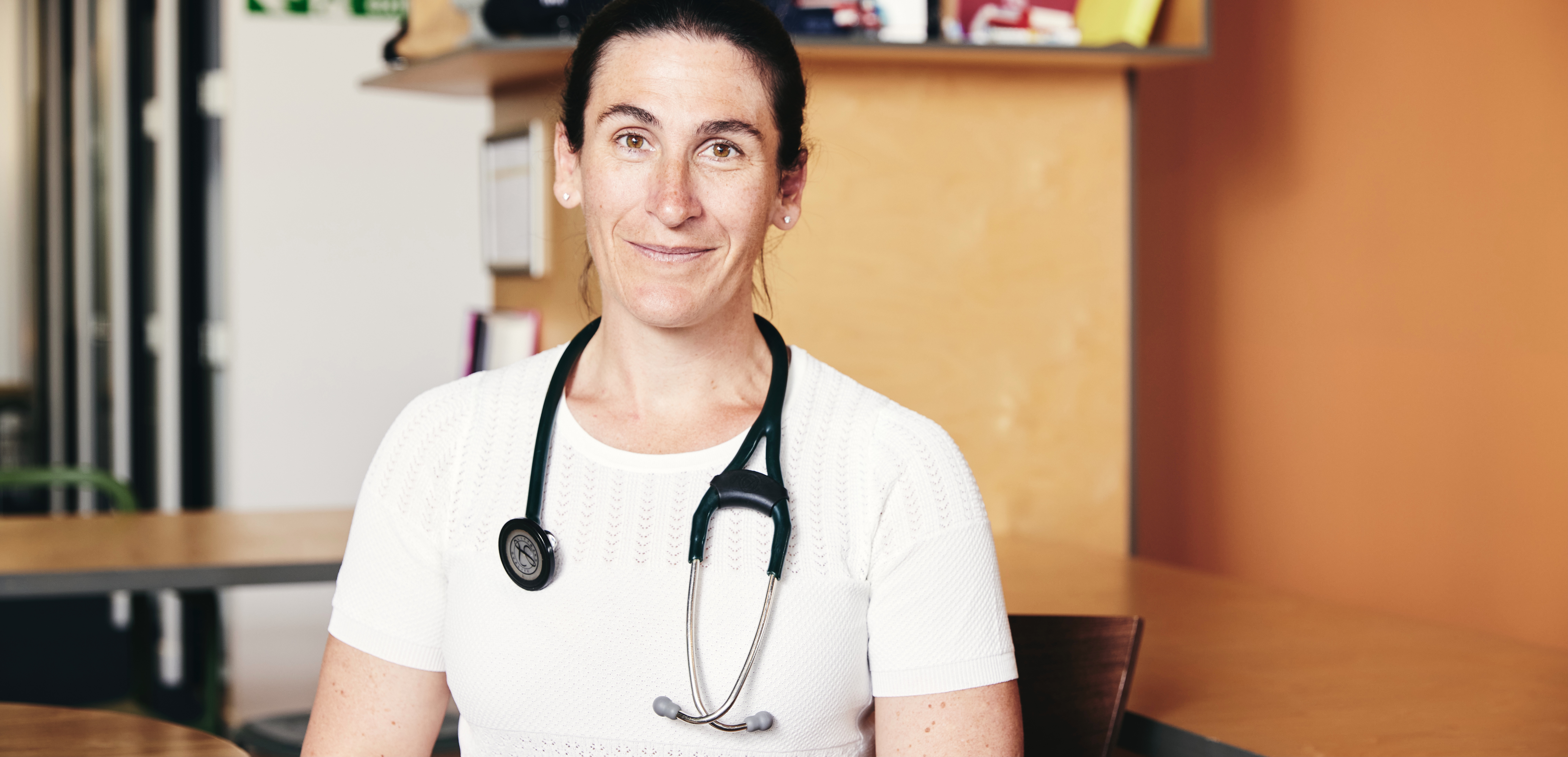In our latest interview, Dr Bryony Henderson shares her experiences of remote consulting for women’s health conditions, diagnoses and more.
Q: What women’s health issues do you tend to see?
B: Usually period, menopause and contraception related. Also on occasion infertility, and pregnancy, although that is more rare. With periods, it is usually what you would expect − irregular, heavy, absent or painful periods.
Q: How do patients typically present with these issues in a virtual setting
B: It really depends on the problem. In a recent consultation for example, a patient in her early 20s was experiencing irregular bleeding for the past few years. She had never, due to the pandemic, consulted about this previously. On further questioning there was evidence of weight gain, acne and polycystic ovary syndrome (PCOS) was likely. Others present with more acute problems like sudden discharge or pain.
Q: What expectations or pre-conceptions do patients tend to have regarding the remote nature of appointments?
B: I always find patients are pleasantly surprised as to how much we can do from diagnosis, investigations and prescribing. Taking the aforementioned case as an example, the patient was referred for blood tests and USS and advised a follow up following these to discuss the results.
Q: How does the diagnostic process differ?
B: For the above case we would diagnose it in exactly the same way as we would in a face-to-face consultation by following NICE guidance.
As in any consultation, we always confirm that the patient we have in front of us is the patient that has booked the appointment. There are robust policies in place to determine this. We take a good history just as we would do in any scenario and this can give us many clues as to what could be the cause of irregular bleeding.
If physical examination is required, we have access to GP colleagues. We also have access to investigations and, in this case, as per NICE guidance, referral for blood tests and an USS was recommended.
This was likely to be PCOS and taking the opportunity to discuss the possibility with the patient allowed them to, with signposting, do their own research so that they can come armed with questions to the next consultation should the condition be formally diagnosed.
Q: What kind of challenges do you encounter when making a virtual diagnosis?
B: Clearly there are conditions where a physical examination is required. However, writing good and comprehensive medical notes means that the patient does not need to repeat the whole history to the next doctor.
I document my reasoning behind the need for an examination and what I suspect is going on. This gives the examining clinician a heads up and ensures the patient is not passed from clinician to clinician.
Q: What do you like about this process?
B: I feel that it offers patients a first-class medical consultation with GPs all of whom work within the NHS and are subject to NHS appraisal systems. It is convenient for patients and, anecdotally, they tend to be more relaxed as they are in their own environment. There is less worry about running late as they can get on with their day whilst waiting for a phone call. We have superb admin teams to complete paperwork for us so it is convenient for the doctor too − working from home with full equipment support and first class admin teams.
Q: In terms of treatment, how does this work?
B: We can direct treatment dependent on the problems that we are faced with. We follow NICE guidance and I always discuss lifestyle factors with patients (if relevant). We can prescribe as we would do in face-to-face consultations and have robust policies in place to ensure clinical safety.
Q: How would referrals work in this process, where needed?
B: We can refer just like in face-to-face consultations. For NHS patients, this is simply done by tasking this back to their GP admin teams (unless it is an urgent cancer referral in which case we do it ourselves).
Q: How have you found the experience of working in digital healthcare?
B: It really is no different, on the whole, to face-to-face consultations. It took a while to get used to remote consulting but it is now second nature. It’s given me a whole new love of general practice and enables me to be the GP that I had always envisaged − patient focused. That’s why I decided to be a GP.
Want to learn more? Head to our women’s health hub
